A good composition requires the use of music theory to mold everything together. To anyone who does not understand the theory of music or who feels less than qualified to utilize it, I encourage you to learn it. Do it. Jump into the world of music theory. Jumping into the unknown is the most frightening part. Once you jump you're free falling and gravity takes it course (in a way that sounds like you'll die on impact, but honestly you won't). Every great composer understands how music is created, what segments and parts make the whole complete and how to take a simple melody and make it into a musical masterpiece. Harmonies are added and the form takes shape. Rhythm is an intricate part of music and composers use it to their advantage.
For fun, lets try writing a simple (when I say simple, I mean very simple) song - in this example it will be a melody. We'll use the notes C, D, E, F, and G (this is the C major penta-scale because it is the first five notes from the C major scale).
All good compositions begin and end on the chord or with the note after which the key signature is named, unless the song is written in a mode - in which case it would begin on the note of the individual mode.
Since we're in the key of C, we'll begin on the C note. We'll start with a right hand melody. The easiest way to teach composition is to assign each of the letters (C, D, E, F, and G) to a number. In this case we will number them 1 (C) 2 (D) 3 (E) 4 (F) and 5 (G) (which also happens to be the fingering for the right hand). I like to have students come up with any random, and I mean random, order of notes. The only rule is to begin and end on C (or 1 in this case). Here we go...
These are random numbers beginning and ending on 1 (using the numbers 1 - 5).
Our number sequence is 1, 4, 2, 3, 5, 4, 3, 2, 1. The letters that correspond with the numbers are: C, F, D, E, G, F, E, D, C. Below I've included the musical notes that correspond to each of the numbers. The notes are quarter notes.
.jpg)
Once you feel comfortable doing this with five notes you can apply the same technique to all of the notes from the scale (start with the key of C major to begin with). After using whole notes, half notes, quarter notes, and eighth notes individually, try using them together. This is an example of the same notes as above, but now the rhythm is mixed.
Composing is such a wonderful way to share your ideas. In the beginning, you may not receive inspiration. Angels may not sing to you and tell you which notes to write (I'm still waiting for that one to happen to me too). Understanding and using music theory will enable you to create melodies and harmonies which will inspire you to continue creating more and more music. Your music will inspire you, but more important, it will inspire those who listen to it.
Good luck composing. It's a wonderful skill to learn and anyone can do it. As a matter of fact, everyone should do it. You learn so much as you create music of your own and others learn a great deal about you through the music you've created.
I do composition workshops, seminars, and music camps with music teachers and their students and I can tell you everyone can compose. You don't need to be an Einstein or even the next Mozart. All you have to be is you. What you bring to the table is so important because you bring your experiences, your likes, dislikes, view of the world around you, etc. Everything you do shows forth in your music. Start writing now! Who knows, maybe you will be the next Mozart. Maybe your compositions will change the world. Until you start creating you'll never know.
Written by Jerald M. Simon
Copyright © 2009 Music Motivation®
All Rights Reserved






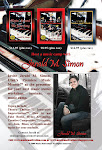.jpg)
.jpg)
.jpg)





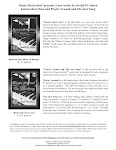
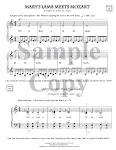
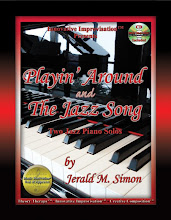
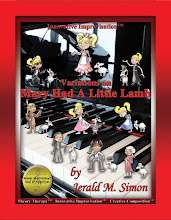+latest+and+greatest+flattened+(smaller+size)+rgb+mode.jpg)
.jpg)
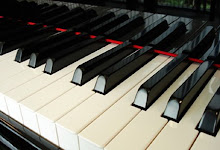

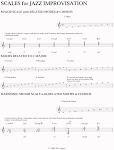
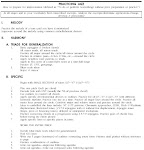


































.jpg)